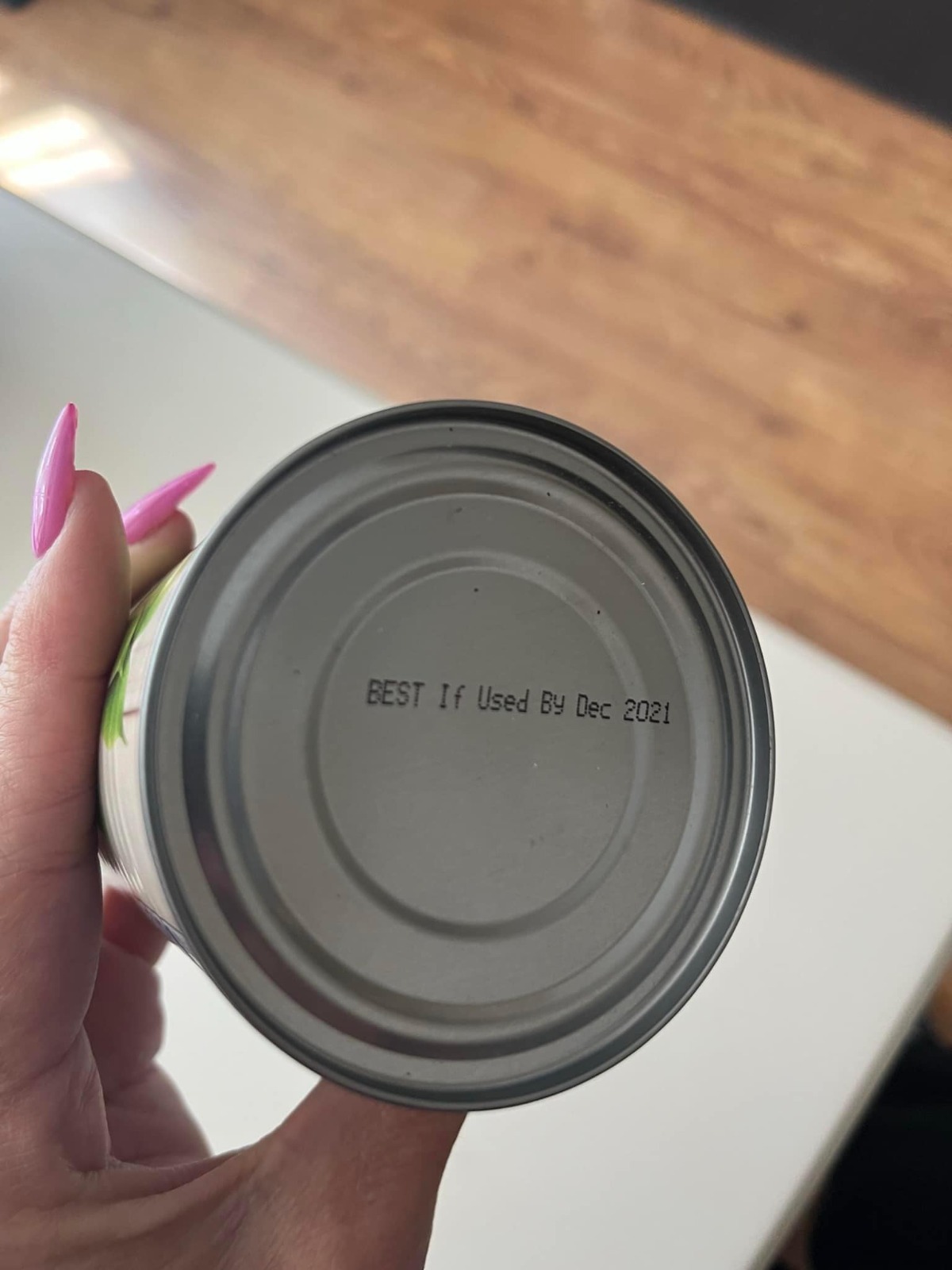ADVERTISEMENT
Finding out that about thirty percent of the food produced in America goes to waste annually is frightening. Our inclination to mostly depend on expiry dates is one of the offenders behind this amazing figure. We toss food that may still be eaten, therefore affecting not just our own financial situation but also environmental problems.
So, just how long can you keep some common foods after their so-called expiration dates?
Eggs:
Up to three to five weeks after purchase, eggs may be safe to consume. Placed in a basin of water, verify their freshness. Should they sink, they are still excellent; should they float, it is time to say goodbye.
After the “Sell By” date, chicken and meat stay in the refrigerator for one day or two; freezing is your best choice if you want to preserve them longer.
Milk: As long as it doesn’t smell off-putting or curdle, milk may frequently stay drinkable for around one week beyond the “Best if Used By” date.
Dry basics like rice and pasta can last forever as long as they are kept in a cold, dry environment. Some research estimate that rice keeps for 4 to 5 years.
Canned Food: Particularly robust are canned products. As long as the cans are in excellent shape—no dents, rust, or swelling—they are fine to consume.
Frozen food may practically stay safe to consume forever if kept at 0°F (-18°C) or below. Over time, however, the quality may degrade.
Finding Contamination:
While many items are acceptable to consume beyond their expiry dates, there are indicators you should never overlook when choosing what to eat. Indices a food item has gone bad include mold, terrible smells, unusual textures, and off-putting tastes. Trust your instincts; they are typically more accurate than a date written on a product.
Dealing with Food Waste:
Correct storage is the secret to reduce food waste. Keep your freezer at 0°F (-18°C) and your refrigerator either at or below 40°F (4°C.). Store food in sealed containers also to stop moisture and germs from degrading its quality.
We should change the way we see food expiry dates. Although they provide useful direction, one should not take them as rigid laws. Food wastage may be greatly reduced by knowing the variations in different date labels and use our senses to evaluate food freshness. Therefore, keep in mind that the jar of condiments may still have a lot to offer in flavor and in terms of lowering your environmental impact even if its “Use By” date is gone.
ADVERTISEMENT
ADVERTISEMENT
